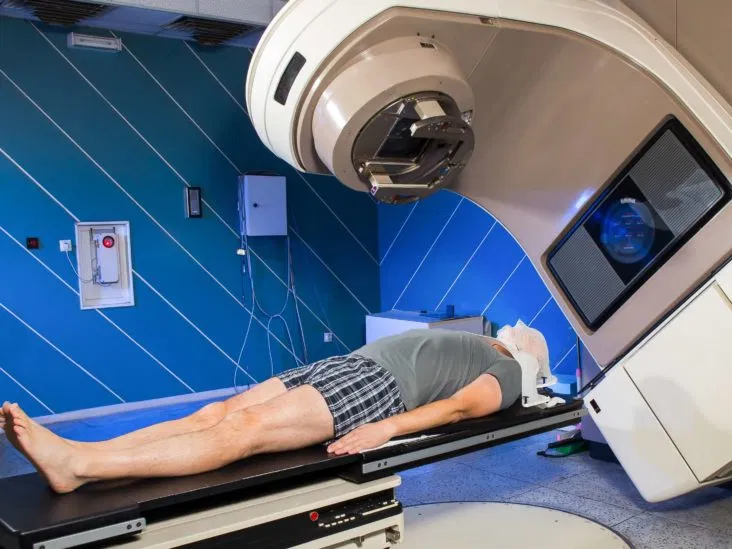I recently had the joy of talking to attend a career day at my daughter’s high school where I was asked to talk about my job as a holistic nurse. I found that most of the kids present (and probably most people out there) do not know that there are additional certifications that a trained nurse can pursue to enable themselves to offer cutting-edge and transformational care to patients in their care.
I have taken the time to compile a Q&A of our session to help you learn more on what it means to be a holistic nurse.
Q: What is holistic nursing and how does it differ from a traditional nursing certification?
A: Holistic nursing is a learned skill whose certification is earned to the qualifications and skills that one gets at nursing school. Holistic nursing does not just focus on the physical wellbeing of the patient, rather it focuses and emphasizes on different areas of a patient’s general health and wellbeing including their emotional, psychological, mental, environmental, and spiritual needs.
Simply put, as a holistic nurse, you do not just focus on managing the symptoms of a patient but on guiding the patient to become their best self.
Q: What are the key duties and responsibilities of a holistic nurse?
A: The responsibilities and duties of a holistic nurse are dynamic. For starters, a nurse has to evaluate the needs of each patient and identify the aspects of their lifestyle that need to be improved. This means that a holistic nurse has to be creative in coming up with the best treatment regimen for their patients.
Some of the primary responsibilities of a holistic nurse to patients include:
• Helping patients identify, acknowledge, and discuss different aspects that affect their wellbeing
• Identify complementary and (often) non-traditional care techniques that can help improve the lifestyle of patients
• Prepare care regimens that are designed to help patients meet their goals sustainably within the shortest time possible
• Providing advice to patients on how to deal with different aspects of their health and lifestyle
• Offering coaching to learners and fellow care professionals
Q: Is becoming a holistic nurse financially rewarding?
A: Yes! On gaining a holistic nurse certification, you automatically become better paid. Additionally, this certification improves your career prospects since you can be employed by many more types of medical care facilities. Alternatively, you can also choose to open your holistic nurse care practice or offer training lessons to those interested in becoming holistic nurses.
At this point, I think that it is worth noting that holistic nursing is proving transformational to health care practices across the world. Trends indicate that professionals with a holistic nurse certification are more sought than those who are only Registered Nurses (RNs).
Q: Where can a holistic nurse work?
A: Apart from traditional medical facilities, you can also be employed in other private care facilities such as: consultancies, maternal care centers, hospices, palliative care centers, and long-term care facilities, among others. Note that in most of these care facilities, a holistic nurse earns an annual average pay of over $80,000.
Q: How do I become a holistic nurse?
A: You must first study nursing in college. Here, you can either undertake a Bachelor of Science in Nursing (BSN), or, you can take an Associate Degree in Nursing (ADN). You will then be required to undertake and pass the NCLEX-RN exam in order to become a registered nurse. You then need to get training from a holistic nursing program and bedside experience as well as pass the American Holistic Nurses Credentialing Corporation Certification Exam.
Q: What are some of the holistic treatment approaches used by holistic nurses?
A: Holistic nurses look at the unique needs of a patient to determine the best complementary treatment techniques for patients to follow. Some approaches that a holistic nurse can encourage patients to try based on the treatment goals include: acupressure, stress management, meditation, yoga, reflexology, massage, energy therapies, mindfulness, lifestyle counseling, nutritional counseling, therapeutic touch, and cognitive therapy, among others.
Q: What are the top 3 benefits of becoming a holistic nurse?
A: For starters, holistic nursing teaches you to take better care of yourself so that you can be able to offer the best care to your patients.
As a nurse, you want your patients to get better not just physically but also mentally, psychologically, and spiritually. A holistic nursing certification allows you to explore treatment and healing techniques that have the potential of doing wonders for you patients but which may be frowned upon in a traditional hospital setting.
A holistic nurse certification also opens more lucrative career opportunities.
Q: Where can I acquire a holistic nurse certification?
A: If you are already an RN, you can acquire a board-certified holistic nurse certification from anywhere in the country by enrolling for the transformative nurse coach program offered by the Nurse Coach Collective. Here, you will meet and interact with a community of nursing professionals from across the nation who are all eager to offer transformative care that is exponentially beneficial to those under their care.



